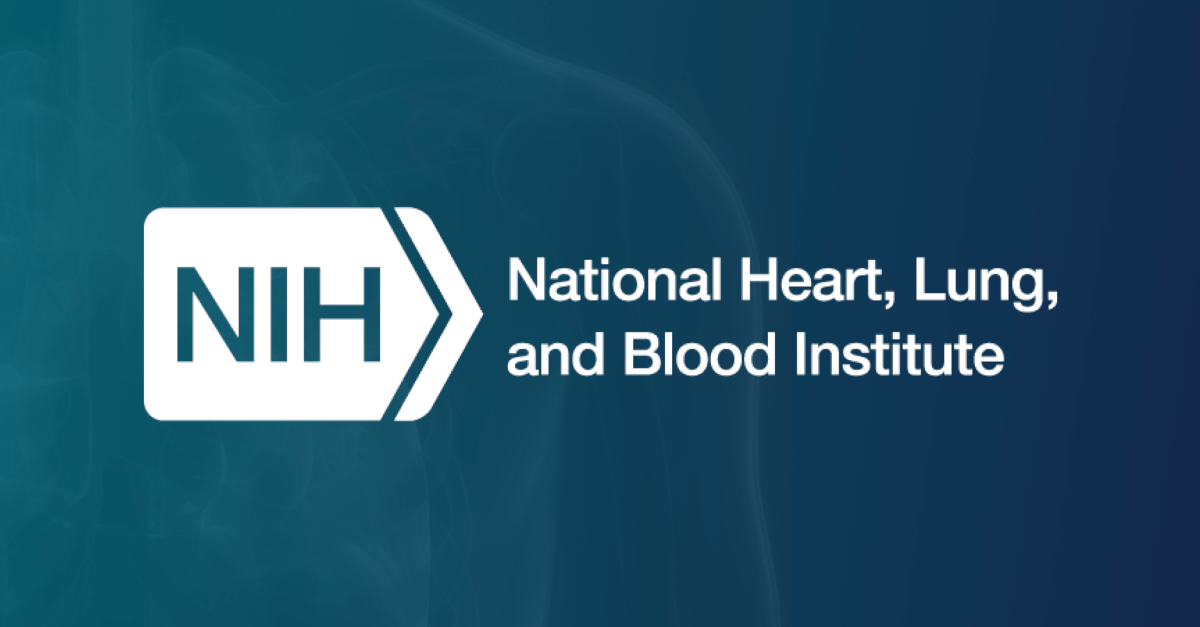- Joined
- Apr 13, 2011
- Messages
- 469
- Reaction score
- 547
I've heard some stories that many psychologists employed by academic medical centers have been subject to non-compete clauses during their employment. For example, you sign a contract to take a position as a clinical researcher at local university AMC. Your duties include 4 days/week clinical research (conduct of research, grant writing, data analysis, manuscript publishing, etc.) and practice 1 day/week in one of the clinics in an area related to your research. Then, because of the standard non-compete clause the AMC includes in all clinical practice contracts, you're not legally allowed to open a private practice within an X-mile radius of the medical center that you work in 1 day/week.
Is this common?
Also, does anyone have any information about clinical practice restrictions for early career psychologists funded by a research training grant like a T32 or F32 or K award?
I know the VA does not place restrictions like this on employees, so curious about what folks have seen outside VA.
Is this common?
Also, does anyone have any information about clinical practice restrictions for early career psychologists funded by a research training grant like a T32 or F32 or K award?
I know the VA does not place restrictions like this on employees, so curious about what folks have seen outside VA.

